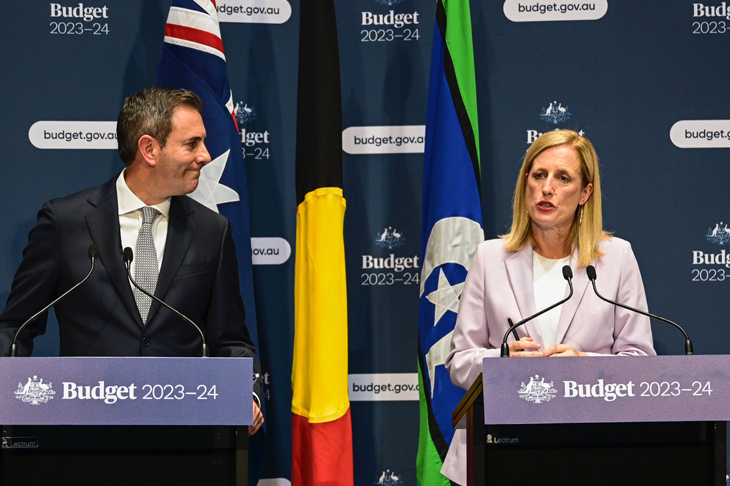For a number of years British journalist Philip Howard wrote a weekly language column for the Times in London (he was, sort of, the British Kel Richards of his day). When he collected the best of his columns in a book, he called that book Weasel Words (Hamish Hamilton, London, 1978). It was that book title that first drew my attention to this expression ‘weasel words’.The Oxford English Dictionary says that ‘weasel words’ is originally an American expression meaning: ‘an equivocating or ambiguous word which takes away the force or meaning of the concept being expressed.’ The most common practitioners of ‘weasel words’ are (surprise, surprise) politicians. I mention this because a perfect example of ‘weasel wording’ has dominated the news over the last few days. As you know the Labor party used the Brittany Higgins rape allegations as a weapon to relentlessly attack the Morrison government. So, were they fed information about those allegations even before they were made public? Recent leaks of a ‘war gaming’ tape involving Higgins and Lisa Wilkinson makes that (at least) a possibility. Labor Senator Katy Gallagher was asked in parliament in June 2021 (by Liberal Senator Linda Reynolds) if she had been fed information about the allegations. Gallagher snapped back: ‘No one had any knowledge. How dare you!’ In those words, was she misleading parliament? Did her words match what we now know from the leaked recording? She has now changed her story. Now she says: ‘I was given some information.’ That’s it! That’s a classic case of ‘weasel wording’. The word ‘some’ is the weasel word in the middle. That ‘weasel word’ seeks to ‘take away the force or meaning of the concept being expressed’. It’s always nice to find such clear case of ‘weasel wording’. (That’s why we need these labels—so we recognise what’s going on.)
The word ‘catastrophe’ is one that gets thrown around these days – especially by the climate crowd. The result, they say, of a couple of extra degrees of temperature in the global average of Planet Earth will be a ‘catastrophe’. This was drawn to my attention when an American insurance company called State Farm announced it will no longer offer home insurance policies to anyone living in California because of what they call ‘growing catastrophe exposure’. Exactly what catastrophes they envision hitting California is not clear. Wild fires? Earthquakes? The San Andreas Fault collapsing into the Pacific Ocean? Or just a wash-up from global warming? Whatever it is, home-owners in California will have to find another insurer. The word ‘catastrophe’ is recorded in English from 1579, originally with the meaning of ‘a final event, a disastrous end’ (Oxford English Dictionary). It comes from an ancient Greek source word meaning ‘a sudden turn, or conclusion’. These days ‘catastrophe’ means something along the lines of ‘a terrible event in which there is a lot of destruction, suffering, or death’ (Longman Dictionary of Contemporary English). In other words, ‘catastrophe’ is now pretty much a synonym for ‘disaster’. The lexicographers at the great Merriam-Webster dictionary say: ‘the word began as a theatrical term, but by the 18th century was being used to refer to disasters such as volcanic explosions, and now is used by insurance companies to describe conditions they would prefer not to cover’. So, what about global Earth’s climate – does that deserve the label ‘catastrophe’? I’m not ready to panic just yet because of the adaptability of human beings – who can, after all, live and survive in any climate from Siberia to the Sahara. What about rising ocean levels? Well, most of the Netherlands is already under water (below sea level) – that’s why they have dykes. So, maybe I’m missing something, but I’m not worried yet.
Got something to add? Join the discussion and comment below.
Get 10 issues for just $10
Subscribe to The Spectator Australia today for the next 10 magazine issues, plus full online access, for just $10.
Contact Kel at Ozwords.com.au
You might disagree with half of it, but you’ll enjoy reading all of it. Try your first month for free, then just $2 a week for the remainder of your first year.














Comments
Don't miss out
Join the conversation with other Spectator Australia readers. Subscribe to leave a comment.
SUBSCRIBEAlready a subscriber? Log in